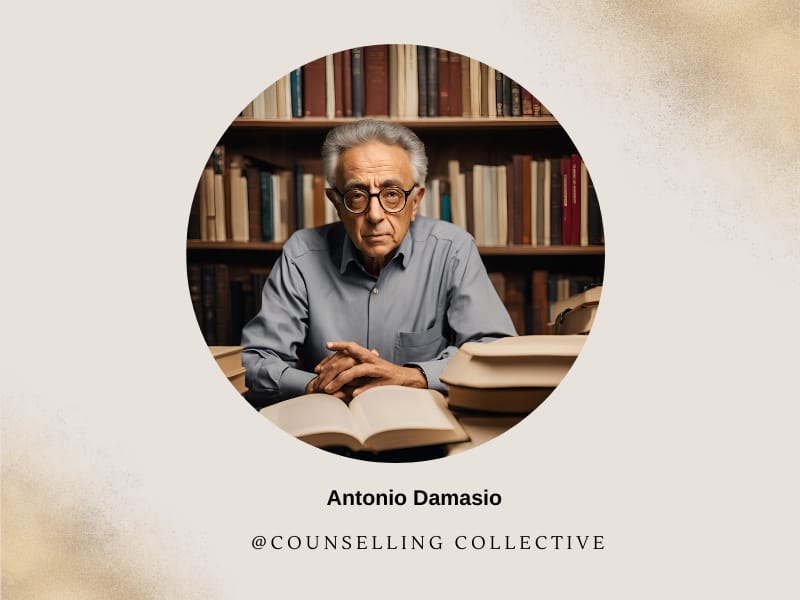Contents
Introduction
Ivan Pavlov was a pioneering Russian physiologist whose groundbreaking research on classical conditioning has left a lasting legacy in the fields of psychology and physiology. Best known for his experiments with dogs, Pavlov’s work has profoundly influenced our understanding of behavior and learning, establishing foundational concepts that continue to shape modern psychological and educational practices.
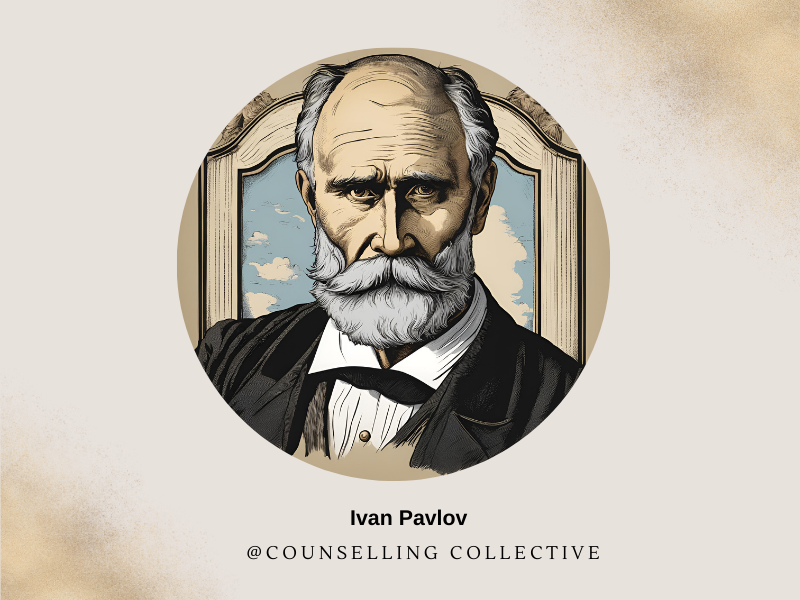
In this article, we analyze Pavlov’s pioneering research on classical conditioning, exploring its impact on psychology, physiology, and its enduring influence on modern behavioral and educational practices.
Early Life and Education
Ivan Petrovich Pavlov was born on September 26, 1849, in Ryazan, Russia. He was the eldest of eleven children in a devout Russian Orthodox family. His father, Peter Dmitrievich Pavlov, was a village priest, and his mother, Varvara Ivanovna Uspenskaya, was a homemaker. Growing up in a religious and intellectual environment, Pavlov developed a strong sense of curiosity and discipline from an early age.
Image Source: Psicologiaymente.com
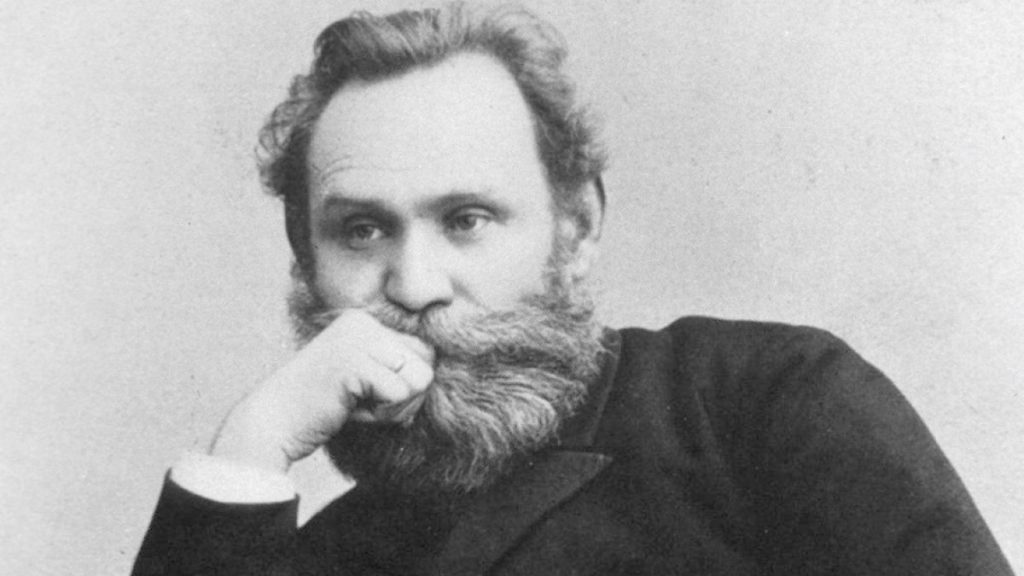
During his childhood, Pavlov showed an intense interest in science and nature. He was an avid reader, and his early education was marked by his fascination with the natural world. Despite his family’s expectation that he would follow in his father’s footsteps and enter the priesthood, Pavlov decided to pursue a career in science after reading Charles Darwin’s “On the Origin of Species.” This pivotal moment steered him towards a path that would eventually lead to his groundbreaking contributions to physiology and psychology.
Educational Journey
| Aspect | Details |
| Early Education | Pavlov attended a church school and later a theological seminary in Ryazan, where he initially prepared for the priesthood. |
| University of Saint Petersburg | In 1870, Pavlov left the seminary to enroll in the University of Saint Petersburg, where he studied natural sciences and medicine. He graduated with a degree in natural sciences in 1875. |
| Medical Institute | Pavlov continued his education at the Imperial Medical Academy (now the S.M. Kirov Military Medical Academy) in Saint Petersburg, where he earned his doctorate in 1883. |
| Research | Pavlov’s early research focused on the physiology of the digestive system, which laid the groundwork for his later studies on classical conditioning. His work earned him a position as a professor at the Imperial Medical Academy. |
Timeline of Early Influences
| Aspect | Details |
| Charles Darwin | Darwin’s theory of evolution inspired Pavlov’s interest in biology and scientific inquiry. |
| René Descartes | Descartes’ ideas on the mechanistic nature of animal behavior influenced Pavlov’s approach to studying physiological processes. |
| Claude Bernard | Bernard’s work on the physiological basis of life processes provided a foundation for Pavlov’s research on the digestive system. |
| Sechenov Institute of Physiology | The institute, where Pavlov conducted much of his early research, played a crucial role in his development as a scientist. |
Major Theories and Works
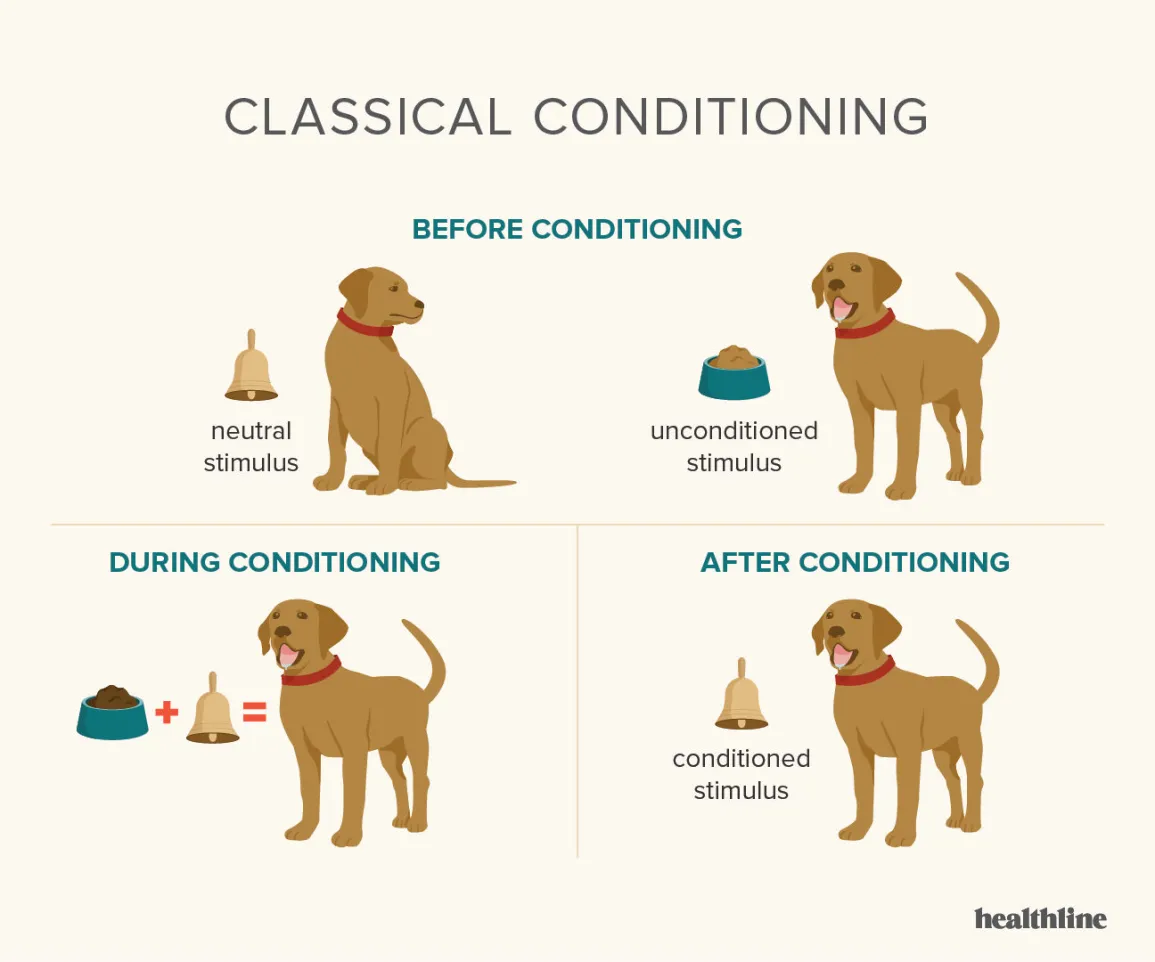
Classical Conditioning
Ivan Pavlov is best known for his theory of classical conditioning, a fundamental concept in behavioral psychology. Pavlov discovered this phenomenon while studying the digestive processes in dogs. He noticed that the dogs began to salivate not only when they were presented with food but also when they heard the footsteps of the lab assistant who fed them. Through a series of experiments,
Pavlov demonstrated that an initially neutral stimulus (e.g., a bell) could, through repeated association with an unconditioned stimulus (e.g., food), elicit a conditioned response (e.g., salivation). This discovery has had profound implications for understanding learning and behavior.
Image Source: healthline.com

Pavlov’s Dog Experiments
Pavlov’s iconic experiments with dogs demonstrated the principles of classical conditioning, where dogs learned to associate a neutral stimulus, like a bell, with the presentation of food, leading to conditioned reflexes (Pavlov, 1901). key Including:
- Broader Impact: Pavlov’s findings not only advanced psychological theories but also had practical applications in various fields, including education, therapy, and the understanding of human and animal learning processes.
- Classical Conditioning: Pavlov’s work introduced the concept of classical conditioning, a foundational principle in behavioral psychology, showing how behaviors could be conditioned through repeated associations.
- Neutral Stimuli: His experiments highlighted how neutral stimuli could become significant triggers for physiological responses.
Image Source: Alamy Stock

Contributions to Behavioral Psychology
Pavlov’s research on classical conditioning laid the foundation for behavioral psychology by demonstrating that behavior could be systematically studied and influenced through controlled experiments.
His work showed how environmental stimuli could shape behavior, a principle that influenced key figures like John B. Watson and B.F. Skinner. Pavlov’s emphasis on observable behaviors and the scientific study of learning processes helped establish behaviorism as a dominant approach in psychology, with lasting impacts on both theory and practical applications in areas like education and therapy.
Image Source: slidemodel.com
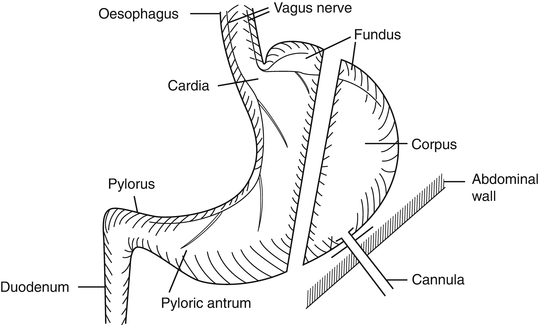
The Work of the Digestive Glands
Pavlov’s groundbreaking research on the physiology of the digestive system. This work earned Pavlov the Nobel Prize in Physiology or Medicine in 1904 and established his reputation as a leading scientist (Pavlov, 1897). key aspect Incuding below:
- Conditioned Reflexes: Pavlov’s experiments led to the discovery of conditioned reflexes, where he demonstrated how external stimuli could trigger physiological responses. This concept became a cornerstone of behavioral psychology.
- Salivary Glands: His research focused on the role of salivary glands in digestion, revealing how the anticipation of food could stimulate digestive processes, which was a major advancement in understanding the connection between the brain and digestive system.
Image Source: healthline.com
Psychologists Influenced by Pavlov

- John B. Watson – The founder of behaviorism, Watson was profoundly influenced by Pavlov’s work on classical conditioning. He applied these principles to human behavior, famously demonstrating conditioned fear responses in the Little Albert experiment (Watson, 1913).
- B.F. Skinner – Known for his work on operant conditioning, Skinner built upon Pavlov’s ideas by exploring the role of reinforcement and punishment in shaping behavior (Skinner, 1938).
- Hans Eysenck – A prominent psychologist, Eysenck’s theories on personality were influenced by Pavlov’s work on the physiological basis of behavior (Eysenck, 1967).
- Clark Hull – Hull developed a theory of learning that integrated principles of classical conditioning with drive-reduction theory, building on Pavlov’s foundational work (Hull, 1943).
- Joseph Wolpe – A pioneer in behavior therapy, Wolpe used principles of classical conditioning to develop systematic desensitization, a technique for treating phobias (Wolpe, 1958).
Impact on Psychology
Influence on Modern Thought
Pavlov’s ideas have had a profound impact on various fields within psychology, including behavioral psychology, educational psychology, and neuropsychology. His work on classical conditioning provided a scientific framework for understanding how behaviors are learned and modified through association. This framework has been applied to various domains, from therapy to education, demonstrating the versatility and significance of Pavlov’s contributions.
Contributions to Related Fields
Pavlov’s interdisciplinary approach extended his influence to areas such as physiology, neuroscience, and even philosophy. His emphasis on the physiological underpinnings of behavior bridged the gap between psychology and biology, fostering a more integrated understanding of human and animal behavior. His research methods and findings have informed studies on brain function, stress responses, and learning processes.
Legacy and Influence
- Long-Term Impact: Ivan Pavlov’s legacy endures through his lasting contributions to psychology and physiology. His pioneering research on classical conditioning has become a foundational concept in behavioral science, influencing countless studies and applications in various fields. Pavlov’s rigorous scientific methodology and innovative experiments set a high standard for research, inspiring generations of scientists to explore the intricacies of behavior and learning.
- Recognition and Honors: Pavlov received numerous accolades for his work, including the Nobel Prize in Physiology or Medicine in 1904 for his research on the digestive system. He was also honored with membership in several prestigious scientific societies and received multiple honorary degrees. Pavlov’s legacy is commemorated in various institutions and awards that continue to celebrate his contributions to science.
- Criticism and Controversies: While Ivan Pavlov has garnered significant recognition for his contributions to science, his work has not been without criticism. Some argue that his focus on observable behavior failed to account for the complexities of cognitive and emotional processes. Additionally, the ethical implications of his animal experiments have been a point of contention. Despite these criticisms, Pavlov’s pioneering research on classical conditioning remains a cornerstone of behavioral psychology.
Conclusion
Ivan Pavlov’s life and work have profoundly shaped the fields of psychology and physiology. His pioneering research on classical conditioning established a foundational understanding of how behaviors are learned and modified, influencing subsequent theories and practices across various disciplines. By demonstrating that behavior could be studied scientifically through observable phenomena, Pavlov paved the way for behaviorism and significantly contributed to the scientific rigor of psychological research.
As his legacy continues to unfold, Pavlov’s contributions remain relevant in contemporary studies of behavior and learning. His methodologies and findings have inspired countless researchers, educators, and practitioners to explore the complexities of human and animal behavior, applying his principles in diverse settings from therapy to education. Despite facing criticisms and ethical debates, Pavlov’s impact on the scientific community endures, highlighting the enduring significance of his work.
Bliography
- [1] Bandura, A. (1997). Self-efficacy: The exercise of control. New York: W.H. Freeman.
- [2] Beck, A. T. (1979). Cognitive Therapy and the Emotional Disorders. New York: Penguin.
- [3] Eysenck, H. J. (1967). The Biological Basis of Personality. Springfield, IL: Thomas.
- [4] Hull, C. L. (1943). Principles of Behavior: An Introduction to Behavior Theory. New York: Appleton-Century.
- [5] Pavlov, I. P. (1897). The Work of the Digestive Glands
- [6] Pavlov, I. P. (1927). Lectures on Conditioned Reflexes.
- [7] Skinner, B. F. (1938). The Behavior of Organisms: An Experimental Analysis. New York: Appleton-Century.
- [8] Watson, J. B. (1913). Psychology as the behaviorist views it. Psychological Review, 20(2), 158-177.
- [9] Wolpe, J. (1958). Psychotherapy by Reciprocal Inhibition. Stanford, CA: Stanford University Press.

